Angela Merkel: Six contenders who could replace Germany's embattled chancellor
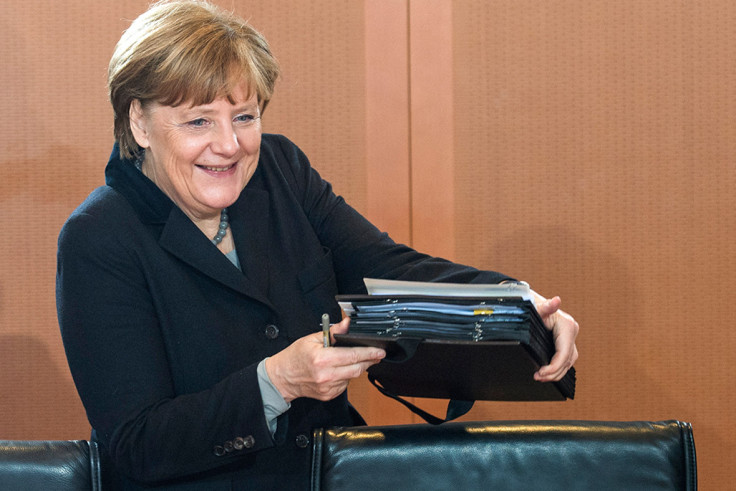
Angela Merkel has fought many battles in 10 years as German chancellor but disappointing results in local elections in March set tongues wagging about whether her controversial 'open door' policy towards refugees is a step too far for the German public.
Her Christian Democratic Union (CDU) party has been losing support on the right as Merkel straddles the centre ground, with a new right-wing party Alternative for Germany (AfD) winning as much as 22% in local elections on 13 March. She has also faced criticism from the sister party of the CDU, the Christian Social Union (CSU), over the refugee issue.
But even if Merkel's critics wanted to unseat her over the refugee issue, analysts say that they would have a fight on their hands. German law dictates that to oust a sitting chancellor without elections, opponents have to show that they have the votes to elect a new one: impossible in the current governing coalition.
Merkel had to put together a grand coalition including the centrist Social Democratic Party (SPD) in 2013 when the CDU fell slightly short of a governing majority after the general election. If Merkel's critics on the right tried to unseat her, the SPD would most likely quit the coalition and trigger an election.
All eyes are on the next general election in 2017. But with Germany's Social Democratic Party (SPD) in disarray and the once-popular Green Party far from the dynamic young force it once was, some argue Merkel has little competition from right or left.
She has been tight-lipped about her intentions post-2017, but if she were to run for a fourth term she could surpass former CDU chancellor Helmut Kohl, who served for 16 years before he was ousted by the SPD's Gerhard Schröder in 1998.
Below, IBTimes UK looks at the possible contenders to replace the Iron Chancellor.
Sigmar Gabriel - SPD
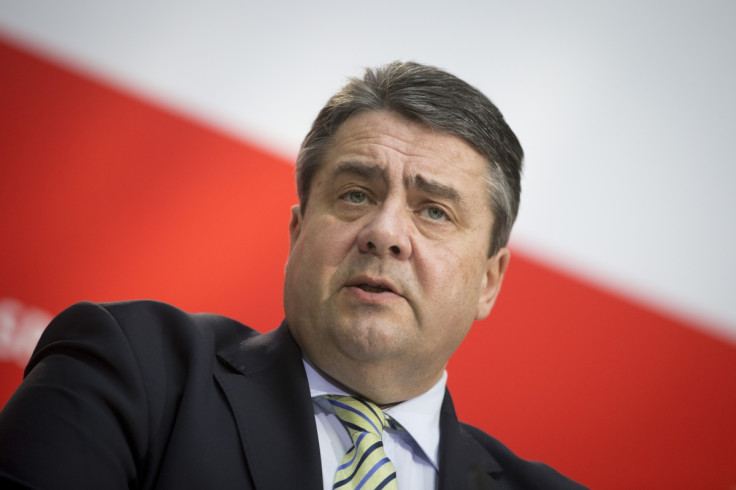
Gabriel serves as vice-chancellor under Angela Merkel and has led the SPD since 2009. He is also the minister for economic affairs and energy. Merkel has embraced policies traditionally adopted by the SPD, including raising the minimum wage, benefits for retirees and now immigration, leaving the party struggling to make itself distinct from her CDU. "He is not popular [and] is not seen as a strong centre-left leader," said Adriano Bosoni, Europe analyst at Stratfor.
Frank-Walter Steinmeier - SPD
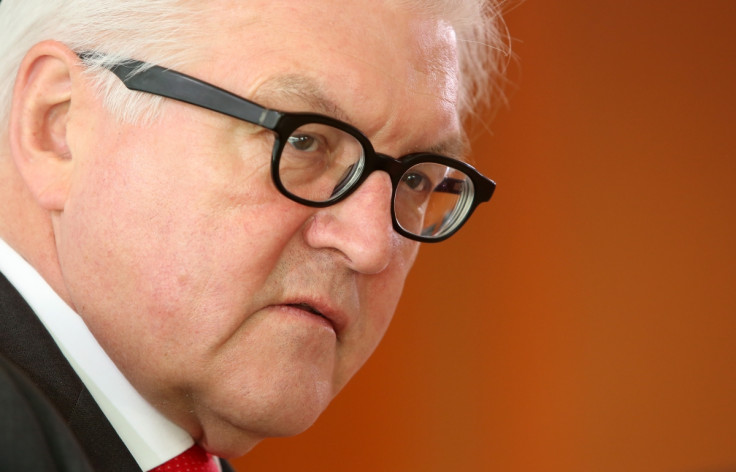
Steinmeier led the SPD against Merkel in 2009, delivering just 23% of the national vote – the worst result for the centre-left party since the Second World War. Despite this he remains one of Germany's most popular politicians, alternating with Merkel in national opinion polls.
He is foreign affairs minister and associated with a proactive policy towards Russia, Iran and the Middle East – helping to convene the Syrian peace talks in Vienna in 2015. But, like Gabriel, Steinmeier is restricted by the slump in fortunes of the SPD, which has not only lost votes to Merkel in the centre but also on the left, to both the Greens and Die Linke (The Left).
Ursula Von der Leyen – CDU
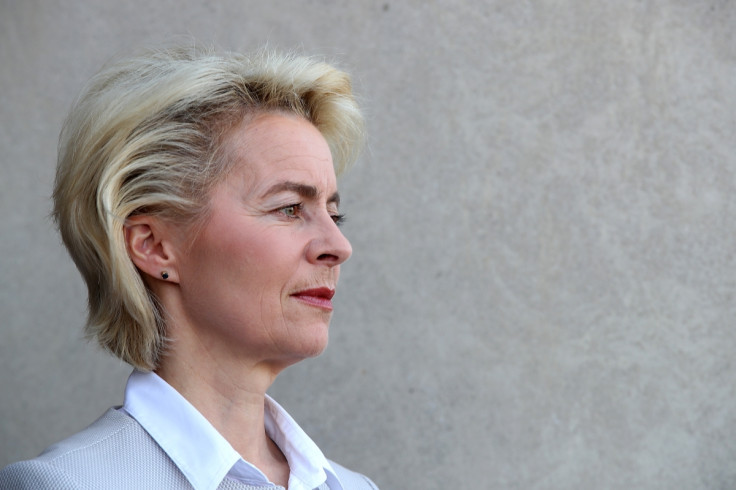
Von der Leyen is a Merkel-loyalist said to be one of two German politicians the current chancellor is grooming for her replacement. She has been an outspoken defence minister, who led the charge for Germany to supply weapons to Kurdish fighters in Syria and oversaw the withdrawal of German soldiers from Afghanistan.
In 2015, it was claimed she plagiarised sections of her PhD, but she was cleared after an investigation by her former university. "She is a strong backer of Merkel, famous for standing her ground and a loyal politician, but she is not particularly popular and not backed by the CDU," said Bosoni.
Thomas de Maizière – CDU
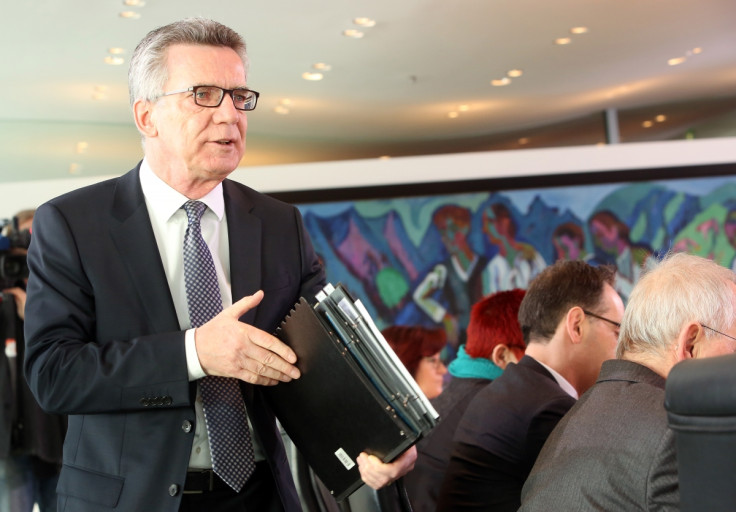
Another long-term ally of Merkel and the second figure she is said to favour as successor, De Maziere has been German interior minister since 2013. He was caught up in the US hacking scandal in 2015 when questions were asked about how much he knew of Germany's Federal Intelligence Service (BND) helping America's National Security Agency (NSA) to spy on European firms.
More recently, De Maziere has been criticised for his department's handling of the refugee crisis, during which the country has been inundated with asylum requests.
Wolfgang Schäuble – CDU
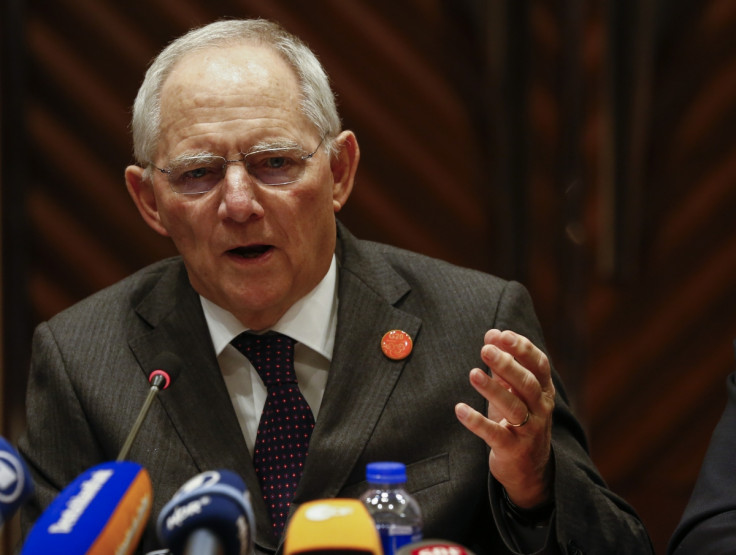
A CDU veteran, Schäuble is consistently ranked Germany's most popular politician, not least during his term as finance minister when the budget deficit was reduced to zero and the country's economy thrived despite global financial turmoil. He was also popular for his spearheading of the talks with Greece over its bailout.
But at 73, few believe that he has the energy or desire to take on the top job. "He would have liked to be chancellor ten years ago. He probably resents Merkel from taking that away from him," said Bosoni.
Frauke Petry – AfD
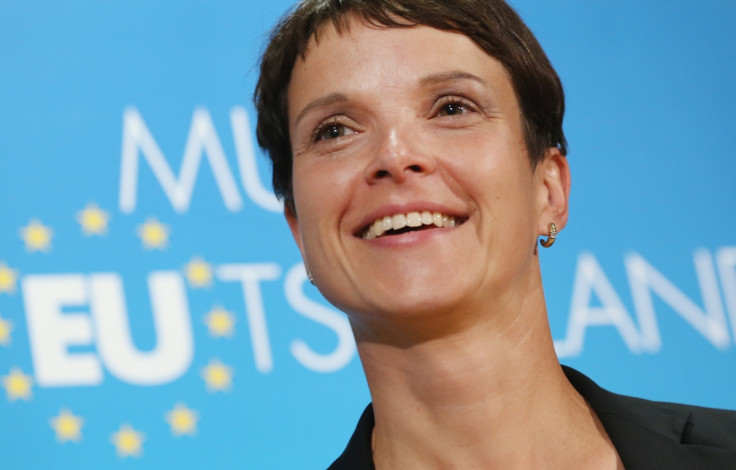
A 40-year-old former chemist who, like Merkel, grew up in East Germany before the fall of the Berlin Wall, Frauke Petry is head of the controversial anti-immigration Alternative for Germany (AfD) party that attracted a surge of votes in 2016's local elections.
Although Petry is popular among Germans wanting a reversal of Merkel's 'open door' policy for migrants, neither she nor her party is likely to attract enough votes to play a major role in a coalition in 2017 — let alone for her to become chancellor.
© Copyright IBTimes 2025. All rights reserved.






















